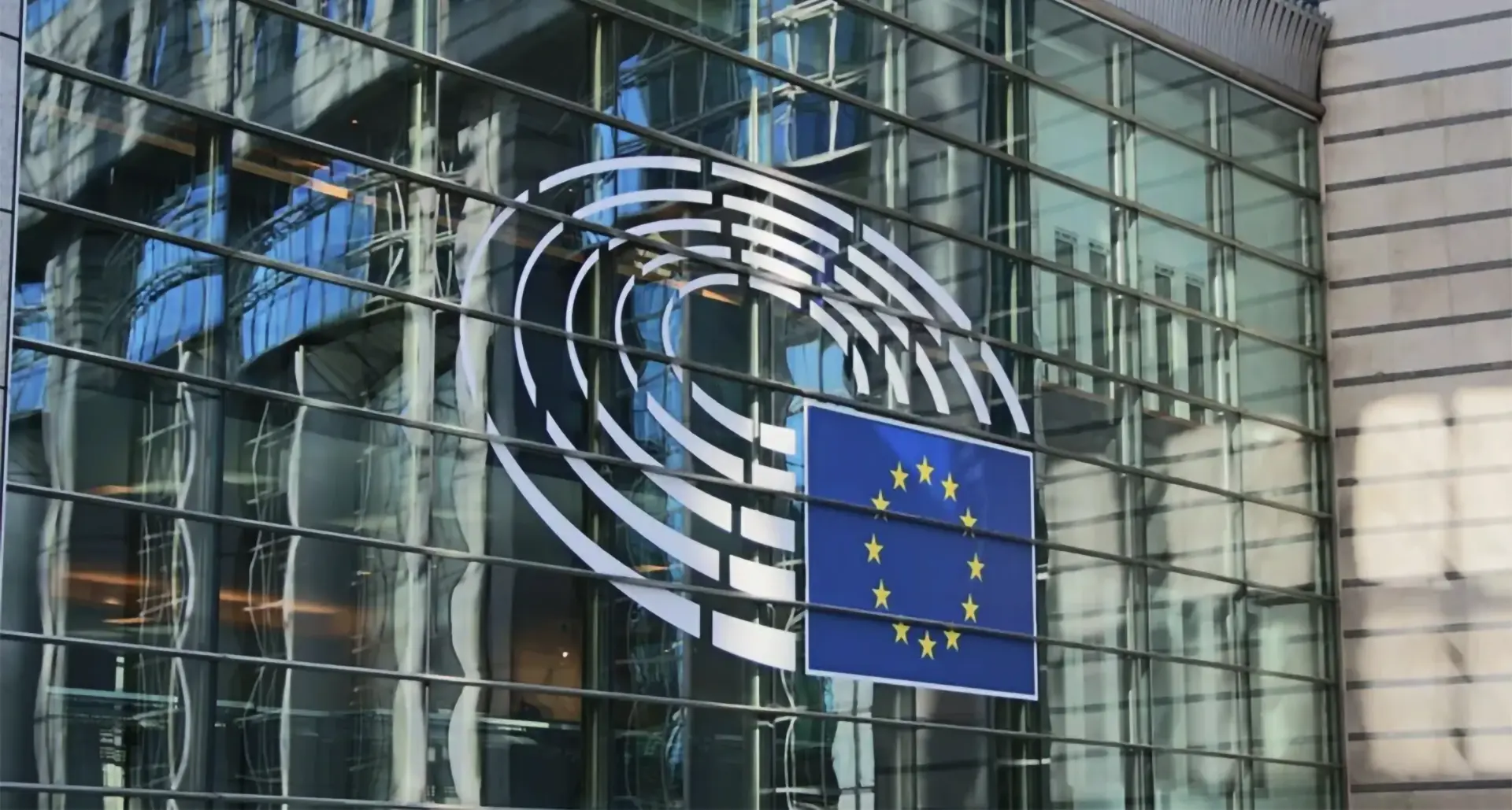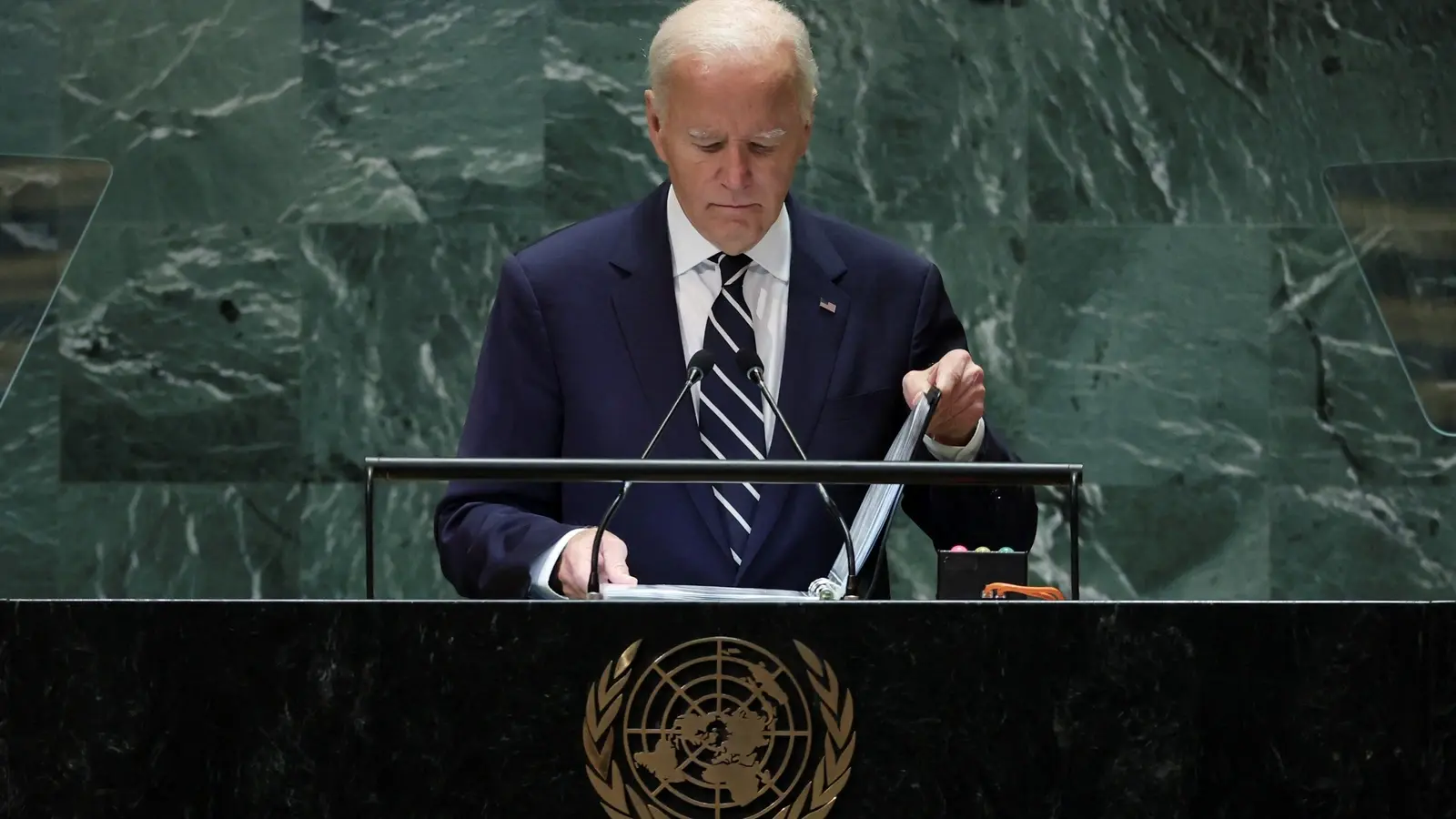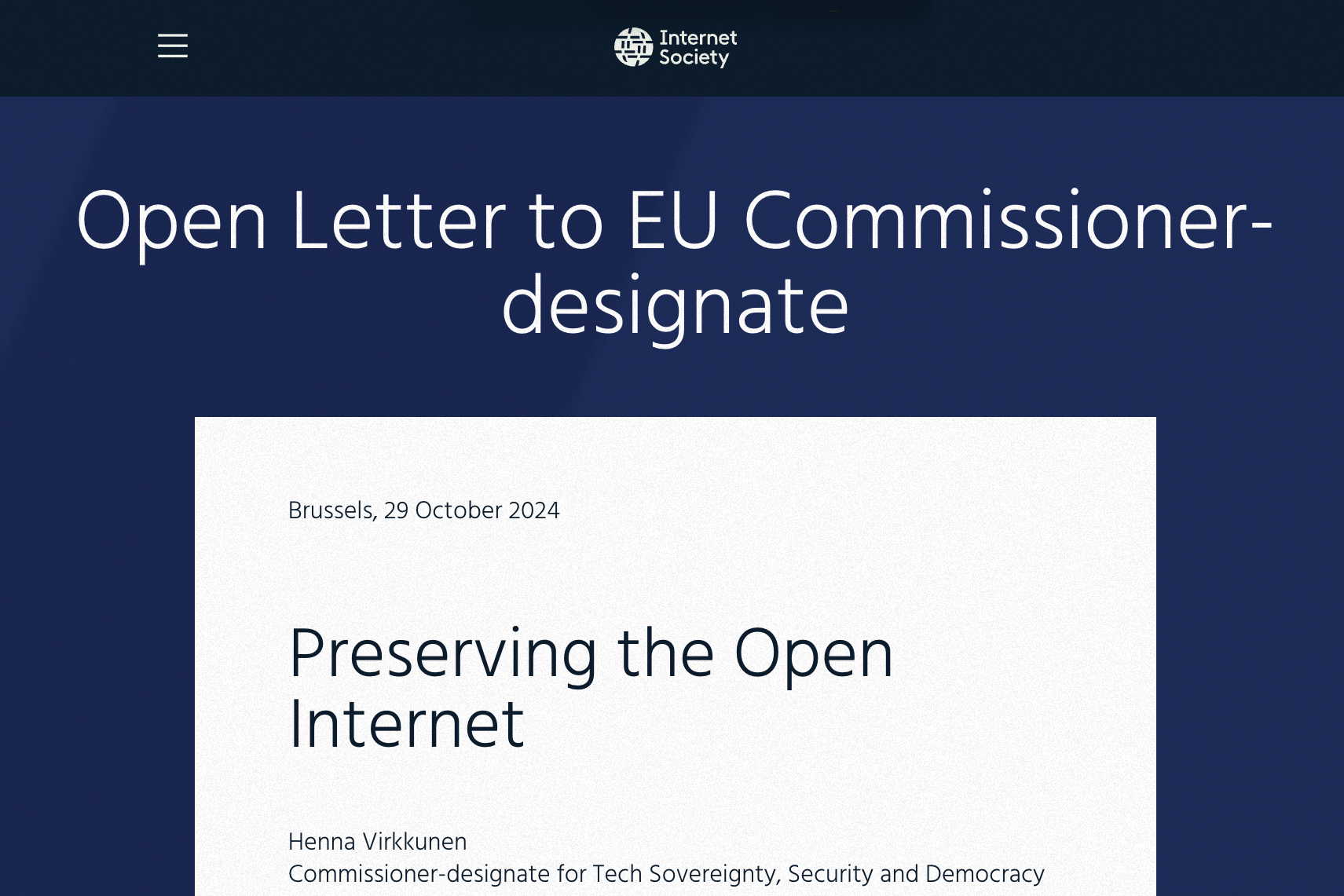

 Internet governance is shifting from participatory forums to security-driven mandates. As authority accelerates ahead of legitimacy, technical systems face growing instability and operators absorb the risks of politically motivated control.
Internet governance is shifting from participatory forums to security-driven mandates. As authority accelerates ahead of legitimacy, technical systems face growing instability and operators absorb the risks of politically motivated control.
 As Internet governance fragments in 2026, authority shifts from open, multistakeholder forums to state-led security regimes, legal instruments, and alliance-based cooperation, challenging longstanding institutions and reshaping global norms through enforcement rather than consensus.
As Internet governance fragments in 2026, authority shifts from open, multistakeholder forums to state-led security regimes, legal instruments, and alliance-based cooperation, challenging longstanding institutions and reshaping global norms through enforcement rather than consensus.
 Telecom operators are challenging OTT platforms by deploying Rich Communication Services. This reversal of roles prompts fresh regulatory scrutiny, revives the case for network neutrality, and demands a risk-based approach to preserving digital competition.
Telecom operators are challenging OTT platforms by deploying Rich Communication Services. This reversal of roles prompts fresh regulatory scrutiny, revives the case for network neutrality, and demands a risk-based approach to preserving digital competition.
 Despite deep geopolitical divides, the WSIS+20 outcome document was adopted by consensus, preserving a multistakeholder vision for the digital future while deferring controversial issues to a time more conducive to progress.
Despite deep geopolitical divides, the WSIS+20 outcome document was adopted by consensus, preserving a multistakeholder vision for the digital future while deferring controversial issues to a time more conducive to progress.
 The ICC's new cyber policy reframes Internet infrastructure as crucial to prosecuting atrocities, prompting DNS operators and network providers to grapple with emerging obligations around evidence, neutrality, and cooperation in international justice.
The ICC's new cyber policy reframes Internet infrastructure as crucial to prosecuting atrocities, prompting DNS operators and network providers to grapple with emerging obligations around evidence, neutrality, and cooperation in international justice.
 ICANN is finalising a policy to curb DNS abuse, aiming to preserve internet stability while defending freedom of expression. With regulatory pressure mounting, the multistakeholder model faces a critical test.
ICANN is finalising a policy to curb DNS abuse, aiming to preserve internet stability while defending freedom of expression. With regulatory pressure mounting, the multistakeholder model faces a critical test.
 A revised governance document for Regional Internet Registries aims to replace outdated policy, enhancing transparency, continuity, and oversight in managing IP resources while preparing for future disruptions across the global Internet infrastructure.
A revised governance document for Regional Internet Registries aims to replace outdated policy, enhancing transparency, continuity, and oversight in managing IP resources while preparing for future disruptions across the global Internet infrastructure.
 Grenada advances its digital resilience by signing the Convention on the Packet Clearing House Organization, positioning itself to help shape global Internet governance while gaining coordinated support, stronger infrastructure, and a formal voice in decisions that influence worldwide connectivity and security.
Grenada advances its digital resilience by signing the Convention on the Packet Clearing House Organization, positioning itself to help shape global Internet governance while gaining coordinated support, stronger infrastructure, and a formal voice in decisions that influence worldwide connectivity and security.
 Despite its promise of universal access, Starlink often fails to meet broadband benchmarks across key markets. New data reveals fluctuating performance and raises questions about reliability, digital equity, and tiered service models.
Despite its promise of universal access, Starlink often fails to meet broadband benchmarks across key markets. New data reveals fluctuating performance and raises questions about reliability, digital equity, and tiered service models.
 The hiQ ruling erased legal protections against commercial scraping, leaving infrastructure providers to absorb escalating costs. Without federal action defining data misappropriation, a free-rider AI economy could undermine open networks, investment, and long-term data integrity.
The hiQ ruling erased legal protections against commercial scraping, leaving infrastructure providers to absorb escalating costs. Without federal action defining data misappropriation, a free-rider AI economy could undermine open networks, investment, and long-term data integrity.
 Google's lawsuit against the Lighthouse phishing syndicate exposes the industrial scale of cybercrime, highlighting how criminals exploit easy access to digital infrastructure to scam millions. The broader supply chain enabling such operations demands urgent reform.
Google's lawsuit against the Lighthouse phishing syndicate exposes the industrial scale of cybercrime, highlighting how criminals exploit easy access to digital infrastructure to scam millions. The broader supply chain enabling such operations demands urgent reform.
 Granular regulation offers a new governance framework for AI, blending flexibility with enforceability. By translating broad principles into risk-sensitive, technical mandates, it overcomes the rigidity of rule-based models and the vagueness of principle-based approaches.
Granular regulation offers a new governance framework for AI, blending flexibility with enforceability. By translating broad principles into risk-sensitive, technical mandates, it overcomes the rigidity of rule-based models and the vagueness of principle-based approaches.
 Despite early dismissals from cable giants, consumer demand and real-world use cases proved the value of gigabit broadband. Today, slow uploads and strategic pricing continue to signal an industry reluctant to embrace speed.
Despite early dismissals from cable giants, consumer demand and real-world use cases proved the value of gigabit broadband. Today, slow uploads and strategic pricing continue to signal an industry reluctant to embrace speed.
 Unlike past technological shifts, artificial intelligence is automating high-skilled professions before low-skilled ones. This reversal challenges long-held assumptions about job security, expertise, and governance, forcing policymakers to rethink regulation, trust, and digital sovereignty.
Unlike past technological shifts, artificial intelligence is automating high-skilled professions before low-skilled ones. This reversal challenges long-held assumptions about job security, expertise, and governance, forcing policymakers to rethink regulation, trust, and digital sovereignty.
 As artificial intelligence integrates into public infrastructure, it introduces new layers of systemic risk. Policymakers must shift focus from AI's potential to its exposure, applying governance models that reflect these emerging, compound vulnerabilities.
As artificial intelligence integrates into public infrastructure, it introduces new layers of systemic risk. Policymakers must shift focus from AI's potential to its exposure, applying governance models that reflect these emerging, compound vulnerabilities.
 US Senators Move to Shield Undersea Internet Cables from Global Threats
US Senators Move to Shield Undersea Internet Cables from Global Threats Digital Rights Defender Steps Aside: Cindy Cohn to Leave EFF After 25 Years
Digital Rights Defender Steps Aside: Cindy Cohn to Leave EFF After 25 Years Chat Control Proposal Advances Despite Rising Opposition in Europe
Chat Control Proposal Advances Despite Rising Opposition in Europe America’s Broadband Blind Spot: Audit Reveals Millions More Offline Than FCC Reports
America’s Broadband Blind Spot: Audit Reveals Millions More Offline Than FCC Reports Biden Administration to Back UN Cybercrime Treaty Amid Controversy
Biden Administration to Back UN Cybercrime Treaty Amid Controversy EU Internet Advocates Push Back Against Telecom “Fair-Share” Fees
EU Internet Advocates Push Back Against Telecom “Fair-Share” Fees NIS 2 Directive Set for Implementation with New Guidelines, But Concerns Remain
NIS 2 Directive Set for Implementation with New Guidelines, But Concerns Remain Canadian Bill S-210 Sparks Controversy Over Internet Regulations
Canadian Bill S-210 Sparks Controversy Over Internet Regulations